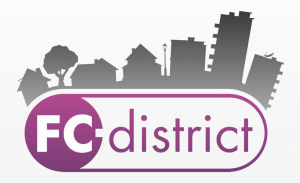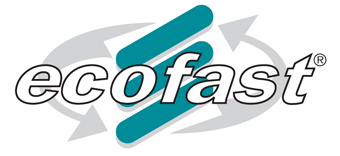
The overall objective of FC-DISTRICT project is to optimize and implement an innovative energy production and distribution concept for sustainable and energy efficient refurbished and/or new energy “autonomous” districts, exploiting decentralized co-generation coupled with optimized building and district heat storage and distribution network .
The buildings are fitted with SOFCs ( Solid Oxide Fuel Cell) for energy production collaborating with improved thermal storage and insulating building systems. The SOFCs are mCHP (micro Combined Heat and Power) systems fed by natural gas and methane gettable from the purified biogas.
Through the introduction of the upgraded wastes into centralized anaerobic digesters it is possible to improve the production of biogas. After purification, removal of inerts and sulphur, and deodorization of the biogas derived from such renewable resource, it is possible to be exploit it via injection into the gas grid.
The food waste, which is the most efficient fraction of municipal solid waste for the production of biogas, is therefore exploited, collected in a controlled and automatic way by means of the use of Food Waste Disposers (FWDs) coupled with settler tanks. Such approach is expected to solve the problems connected with a separate collection (e.g. odours, insects, leachate leakages, bacteria proliferation) and its purity (basic for the anaerobic biogas production process) and it is furthermore simple to operate.
FWDs are appliances that at the same time save time to the citizens, are friendly to use and create also the base for a win-win business model. The innovative scheme, in fact, is based on the capability to monitor the amount of wastes conferred and therefore the potential biogas production, providing a reward to the citizens that installed the FWDs in their kitchens according to their contribution to production of bio-energy.
This integrated method is expected to create “sustainable energy districts” through the adoption of conscious and environmentally friendly attitudes, thanks to business models that reward their inhabitants, and the integration of the gas into the grid, to power CHP based networks of SOFC, as developed within the project.
The range of research to which Ecofast is addressed is to:
- Design and develop a new waste settler and filtering tank which provides compacted dehydrated waste material ready for being digested providing high quality biogas
- Develop a highly efficient, low cost control and monitoring system, enabling the coordinated and wireless management of the wastes generated by the network of FWD and tanks.
- Develop a real time waste management framework thanks to the realization of a wireless connection of the tanks with the collecting waste monitoring center, organizing the logistics and transport to the digester
- Establish a win-win business model based on the coordinated use of Food Waste Disposers (FWDs) and settler tanks
- Introduce new management model for food waste collection at district level exploiting the energy content of the waste by means of the anaerobic digestion process



